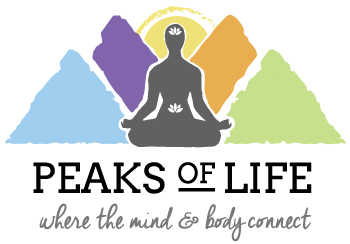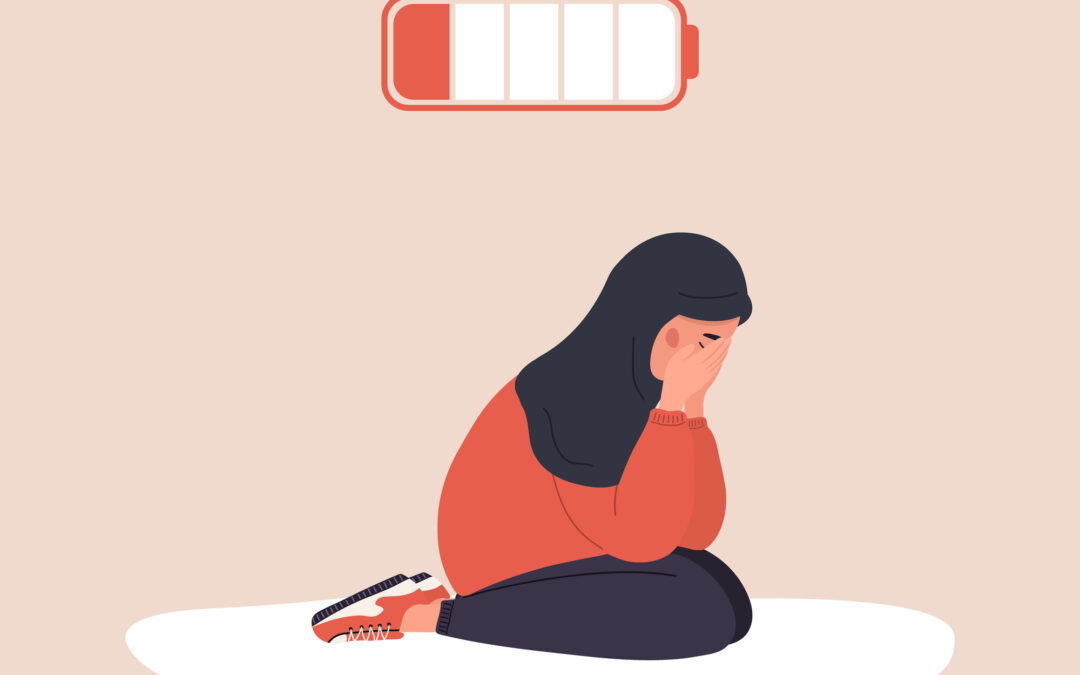Compassion fatigue, also known as second-hand shock or a secondary stress reaction, results from helping or wanting to help those who are traumatized or under significant emotional duress.
It can take a mental, spiritual, emotional, and physical toll on you and your life. Some of the common signs include:
- overwhelm, helplessness, powerlessness
- anger, sadness, anxiety, irritability
- inability to empathize
- sleep and appetite disturbances
- nausea, dizziness, headaches
- poor work/life balance
- change in your worldview or spirituality
- decrease in pleasure during activities (that once were pleasurable)
- decreased sense of personal and/or professional accomplishments
- sense of being detached (can feel like you are observing your life from outside of your body)
- feel like you are not able to do enough to help the people in your life that are suffering (often you blame yourself for not doing enough)
The quicker you can identify the signs of compassion fatigue – the quicker you can shift your focus to taking care of yourself first, because at the core it is a sign that self-care – is lacking.
If you feel like you may be experiencing compassion fatigue start by taking a deep breath, be gentle with yourself and let go of any judgments that may come up. Next, grab a journal or paper and something to write with. Be curious and write down your answers to the following questions:
How do I take care of myself on a daily, weekly, monthly basis? If you are having a difficult time thinking of anything, you may need to start by defining what self-care means to you.
If you realize that your self-care practices have decreased or you have none, write down 1-2 things you can add to your daily routine that would feel like self-care to you. Remember your self-care practices need to feel good to you and they may shift or change depending on what is going on in your life. It can be as simple as taking a shower or drinking a cup of your favorite tea or coffee. Some other ideas to get you started are: meditate, journal, move your body (dance, walk, stretch, yoga, tai chi), take a bath, incorporate breath work, spend time in nature, go for a drive, eat a healthy meal, reach out to someone you trust.
Who are the people in my support network? These are people in your life that support, love, and nurture you – unconditionally. Reach out to one of the people in your network and share with them how you have been feeling and experiencing compassion fatigue. Many times when we can be seen and heard in a safe space, it can immediately shift how we are feeling.
If you found that you have few or no one in your support network – start thinking about creating your support network. First, write down the qualities you would need from the people in your support network. For example, honesty, trust, love, connection, positivity, joy, etc. Next, brainstorm places that you may be able to meet these people, such as the gym, meetups, volunteer opportunities, book clubs, dog parks, networking events. You want to connect with people that you can speak openly about what is going on, your feelings – that have the qualities you are looking for.
Have I set healthy boundaries? Do you communicate, either verbally or non-verbally when you are and are not available, or what you can or cannot do to help? The boundaries you set let others know how you want to be treated and how you do not want to be treated.
It may feel uncomfortable at first, but with time you will find that it will make your relationships stronger. Setting boundaries does not mean you no longer care or are no longer going to help people in your life – it means that you are not going to ignore your own needs. It is another way to take care of yourself and show yourself some love.
The last question to ask yourself is Am I clearing my energy? We are all made of energy and it is always changing and shifting. When someone in your life is struggling and you want to help them feel better, you may find that you quickly take on their low vibration energy. Read here for some tips on clearing your energy.
Compassion fatigue is real. It can happen slowly over time without us being aware of it. The goal is not to stop being there for the people in our life that are struggling. We want to be aware of when the scales start to tip and we are sending all of our compassion, love, and focus to others – and are not giving ourselves the compassion, love and focus we deserve and need.
“If your compassion does not include yourself, it’s incomplete.” Jack Kornfield

